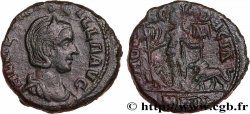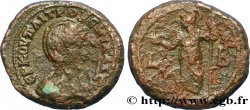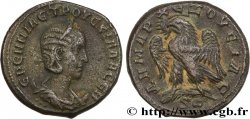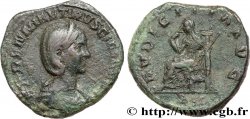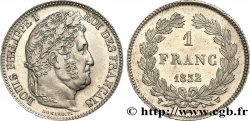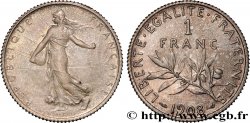Live auction - bpv_154382 - HERENNIA ETRUSCILLA Tétradrachme syro-phénicien
You must signin and be an approved bidder to bid, LOGIN TO BID. Accounts are subject to approval and the approval process takes place within 48 hours. Do not wait until the day a sale closes to register. Clicking on "BID" constitutes acceptance of the terms of use of cgb.fr private live auctions.
Bids must be placed in whole Euro amounts only. The sale will start closing at the time stated on the item description; any bids received at the site after the closing time will not be executed. Transmission times may vary and bids could be rejected if you wait until the last second. For further information check the Live auction FAQ
All winning bids are subject to a 18% buyer’s fee.
All winning bids are subject to a 18% buyer’s fee.
| Estimate : | 200 € |
| Price : | 139 € |
| Maximum bid : | 140 € |
| End of the sale : | 08 October 2024 14:30:10 |
| bidders : | 2 bidders |
Type : Tétradrachme syro-phénicien
Date: 250
Mint name / Town : Antioche, Syrie, Séleucie et Piérie
Metal : billon
Diameter : 28 mm
Orientation dies : 12 h.
Weight : 09,67 g.
Rarity : R3
Coments on the condition:
Pas d’usure marquée, bonnes surfaces et coins, frappe légèrement décentrée
Catalogue references :
Predigree :
Cet exemplaire est le 0616_002 de la base TSP, il provient de la vente Gorny 142 du 10 octobre 2005, lot 3460
Obverse
Obverse description : Buste drapé et diadémé d’Herennia Etruscilla à droite, vu de trois quarts en avant, posé sur un croissant lunaire (L15), un globule sous le buste.
Obverse legend : ERENNIA TROUSKILLA SEB
Obverse translation : (L’empereur césar Caius Messius Quintus Trajan Dèce auguste).
Reverse
Reverse legend : S C À L’EXERGUE.
Reverse description : Aigle debout à gauche sur une palme, les ailes déployées, tête à gauche et queue à droite, tenant une couronne feuillée dans son bec.
Reverse legend : DHMARC EX OUSIAS
Reverse translation : (Revêtu de la puissance tribunitienne / avec l’accord du Sénat d’Antioche).
Commentary
Dans la base TSP maintenue par Michel Prieur, six exemplaires sont maintenant répertoriés pour ce type, un seul en musée à Doura/Yale.







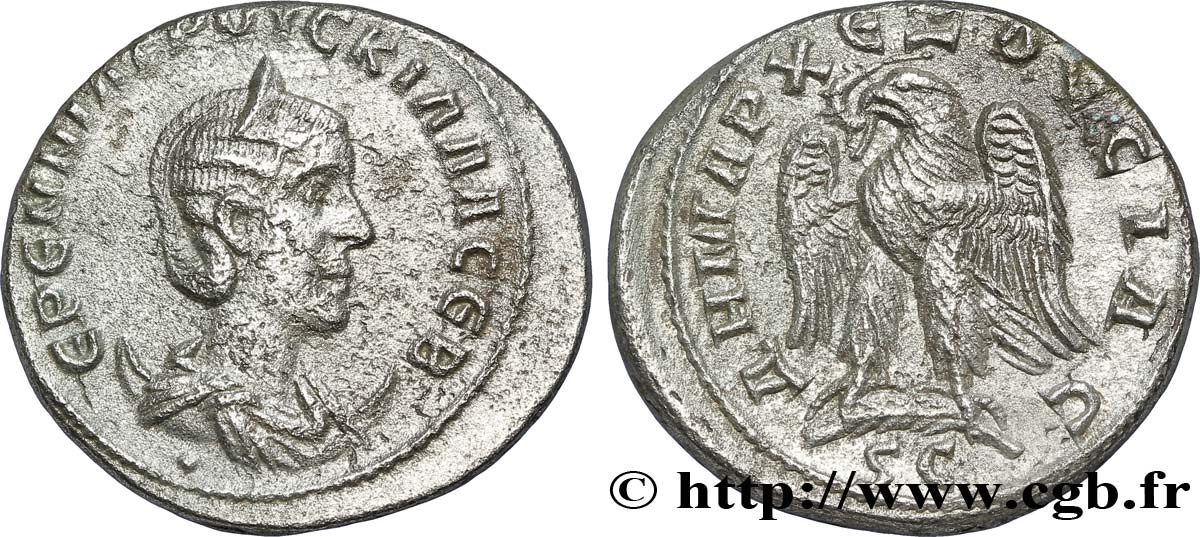
 Report a mistake
Report a mistake Print the page
Print the page Share my selection
Share my selection Ask a question
Ask a question Consign / sell
Consign / sell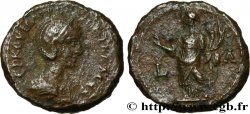
 Full data
Full data